FT NEWS
Are you bored of the typical kitchen countertop materials such as marble or granite? If you want to break away from these conventional countertop materials and are looking for something new and contemporary, then take a look at materials such as solid surface, quartz and nano white. These materials are a great way to give a high-end, modern look to your kitchen.
1. Solid surface
Solid surface is an acrylic-based kitchen countertop, which gives a clean and sleek look to the kitchen.
Pros
- This countertop stands out because all its joints are fused together to create a seamless surface, with no joint lines.
- These countertops are low on maintenance; they are available in a wide variety of colours and patterns. Solid surface has good colour stability, which makes it suitable for the outdoors.
- Solid surface has a uniform colour throughout the thickness of the sheet. That means all scratches can be removed by rebuffing the surface.
- Solid surface is non-porous, which makes it resistant to mould and mildew. It does not support the growth of bacteria and other microbes.
- Another plus is that it offers flexibility in creating organic shapes that cannot be achieved in other materials.
Cons
- Solid surface can be prone to stains and scratches. Never use a knife directly on the countertop because it may damage the surface.
- Another minus is that solid surface is not very heat resistant. So, do not place hot pans on the countertop, because it may cause permanent discolouration.
- Solid surface gives a slightly plastic look.
Cost : Solid surface starts at ₹800 per square foot.
2. Quartz
Quartz is a composite stone that is factory-manufactured by combining ground quartz, synthetic resins and colour pigments under high heat and pressure.
Pros
- Quartz is a long-lasting, highly durable material which does not crack or scratch and can withstand high heat and pressure.
- Quartz is non-porous, which makes it resistant to stains.
- This material is antimicrobial because it does not allow microorganisms to thrive on it.
- Quartz is available in various colours and patterns that effortlessly add sophistication and give a luxurious look to the kitchen.
- It is easy to maintain; it just needs to be cleaned with warm soapy water.
- It does not require any sealing, unlike marble or granite.
Cons
- Quartz is not suitable for outdoor use because it may fade or discolour, and the resins may degrade due to constant exposure to sunlight.
- As a precaution, avoid chopping vegetables directly on the countertop.
- Quartz is composed of resins, which might be sensitive to highly acidic or alkaline chemicals that can damage the surface, hence it is essential to avoid cleaning with harsh chemicals.
Cost: Quartz starts at ₹400 per square foot.
3. Nano white
Nano white is a type of crystallised glass manufactured from a blend of silica and other natural minerals. They are available in three grades of quality, namely G3, G4 and G5, where G5 is the best quality.
Pros
- Nano white is a highly durable material, which is extremely dense and hard to chip or break.
- This material is non-porous and is resistant to stains and acids, and does not absorb any liquids.
- This stone has a crystal-white colour, which replicates the look and shine of white marble. It is very smooth to touch.
- Nano white is made of natural ingredients, hence it is eco-friendly and recyclable.
Cons
- In nano white the joints are clearly visible.
- If glue is used for installing the nano glass it can discolour and turn yellowish over a period of time. Use clear resins to avoid this.
Cost: Nano white starts at ₹400 per square foot.



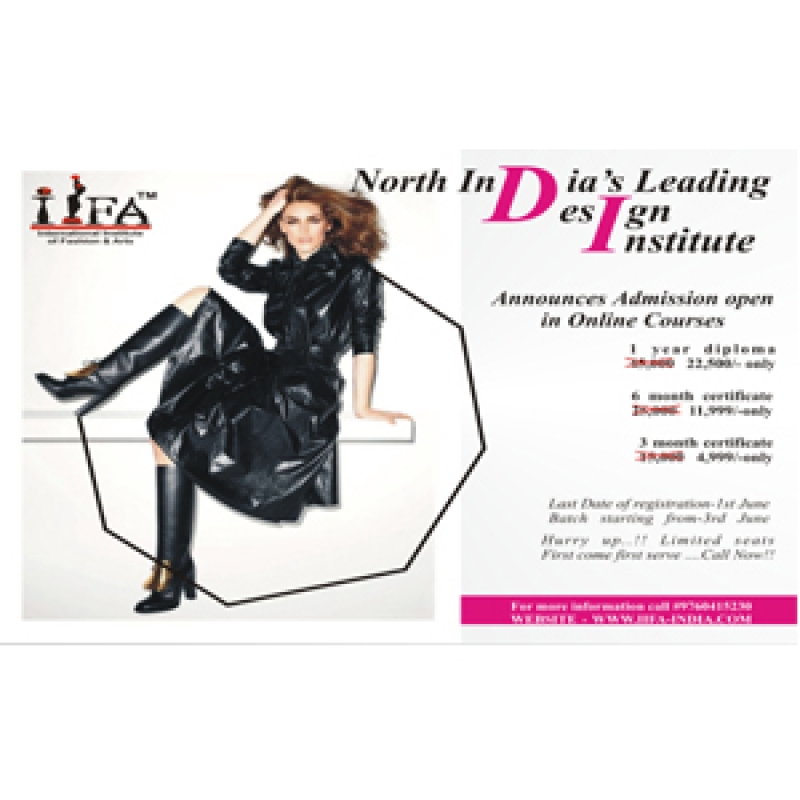

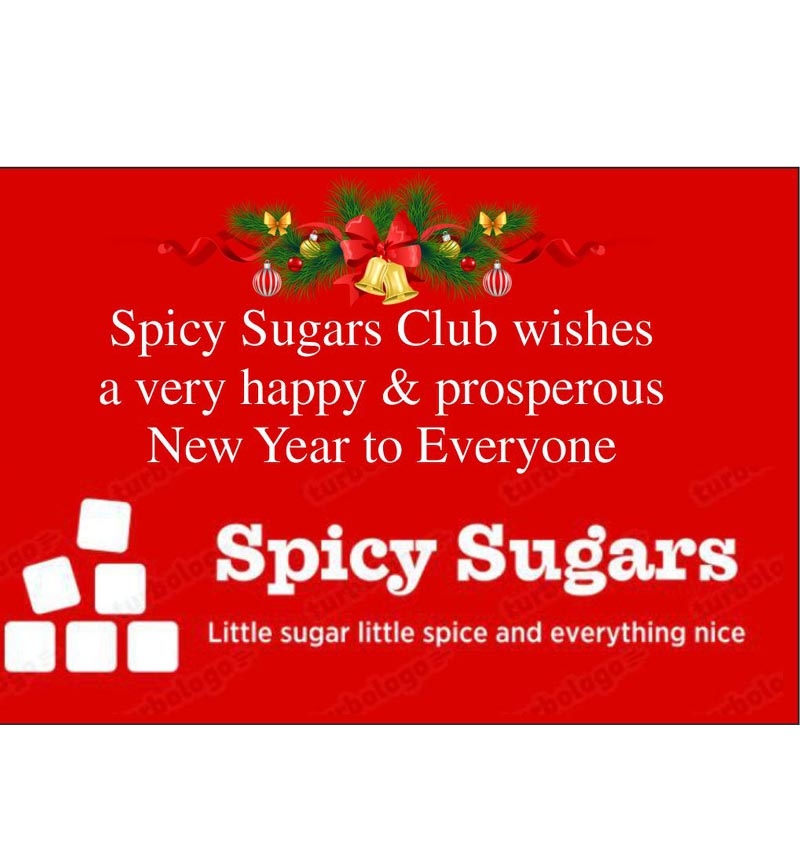
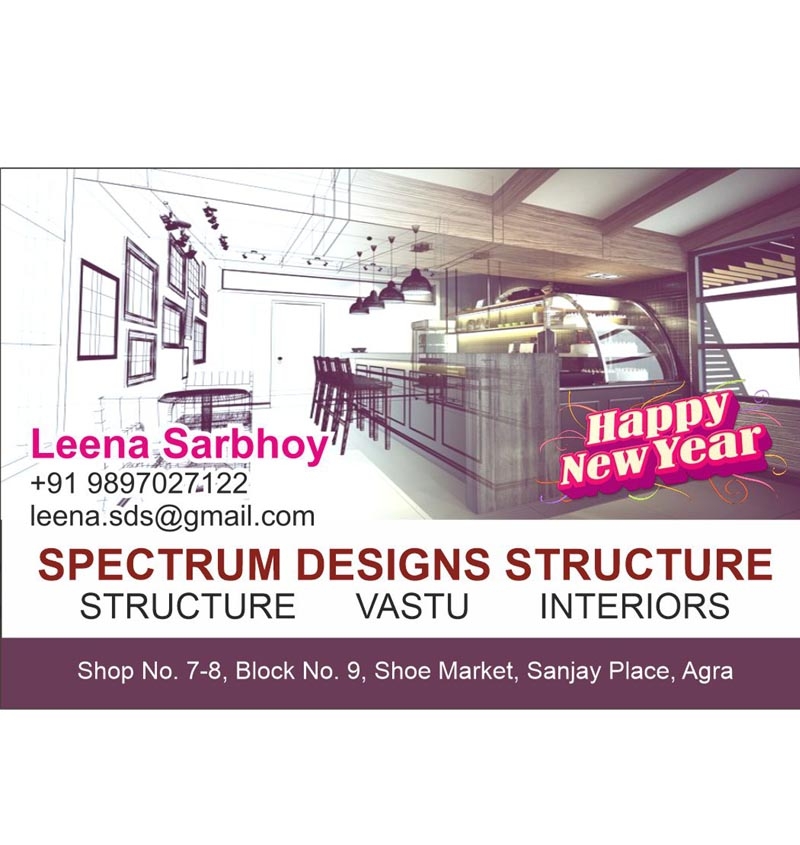
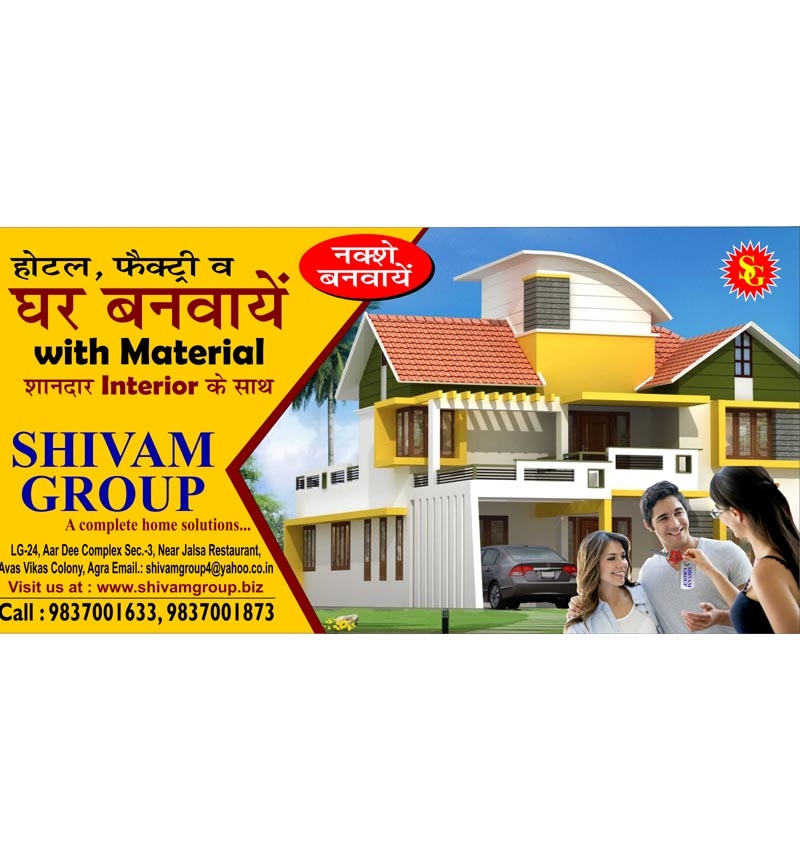
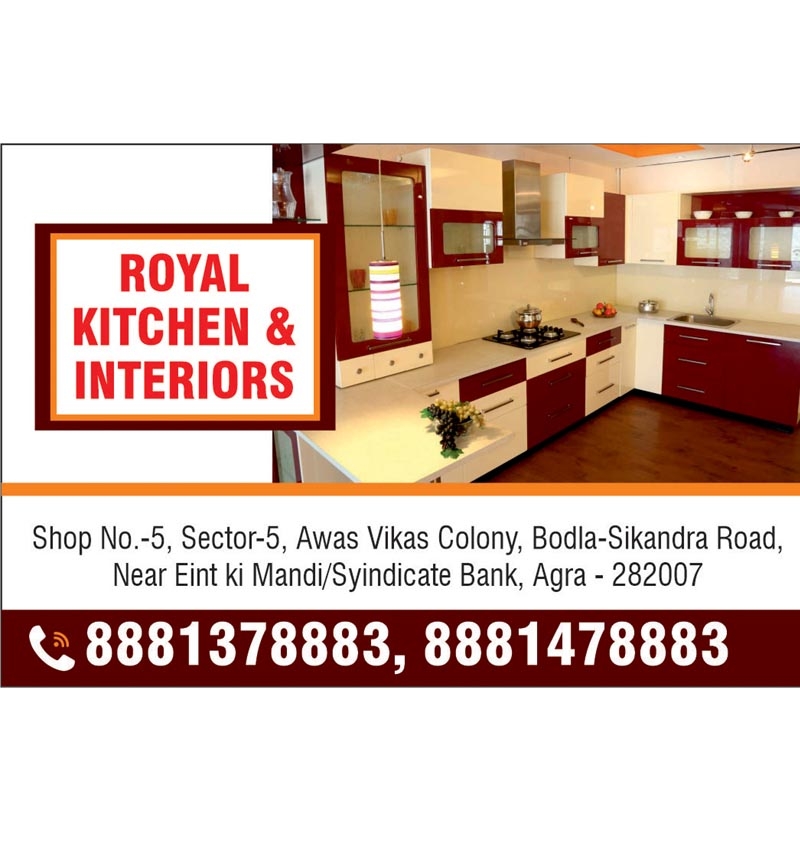
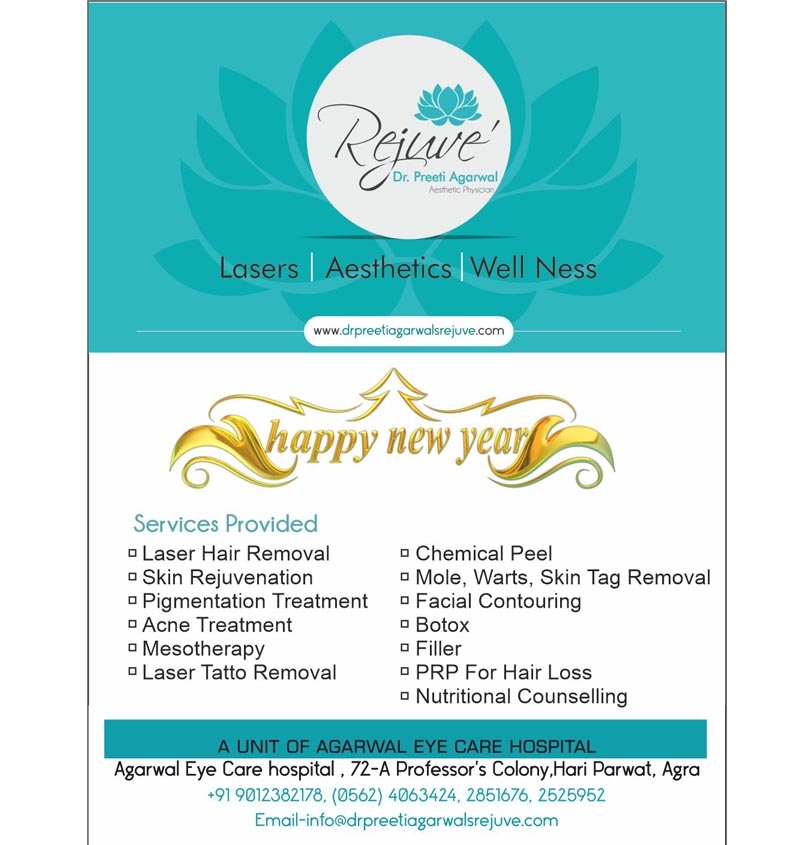



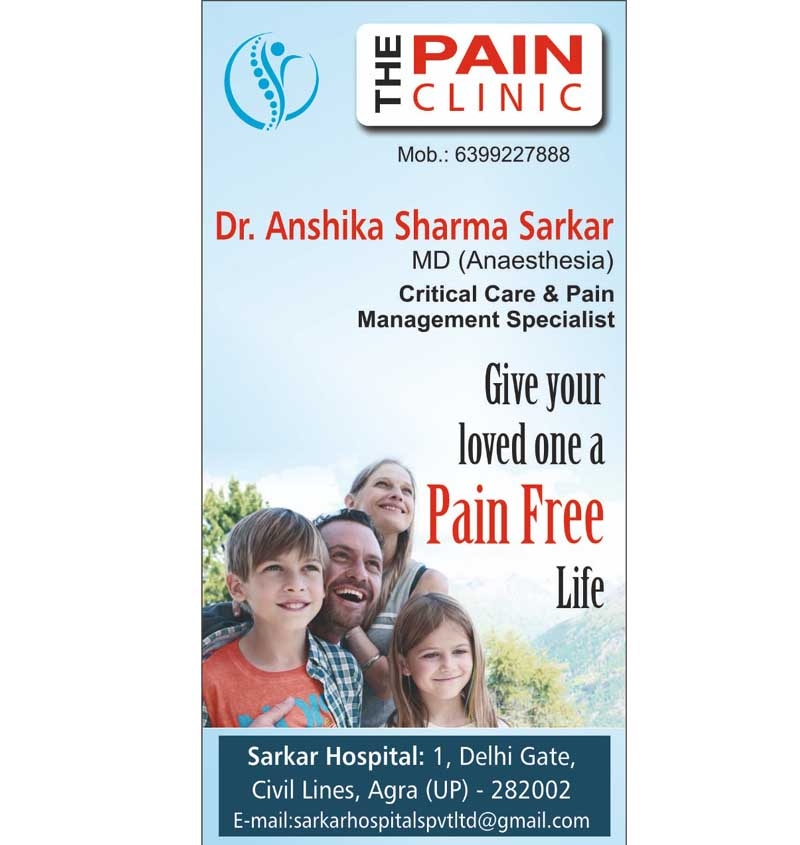

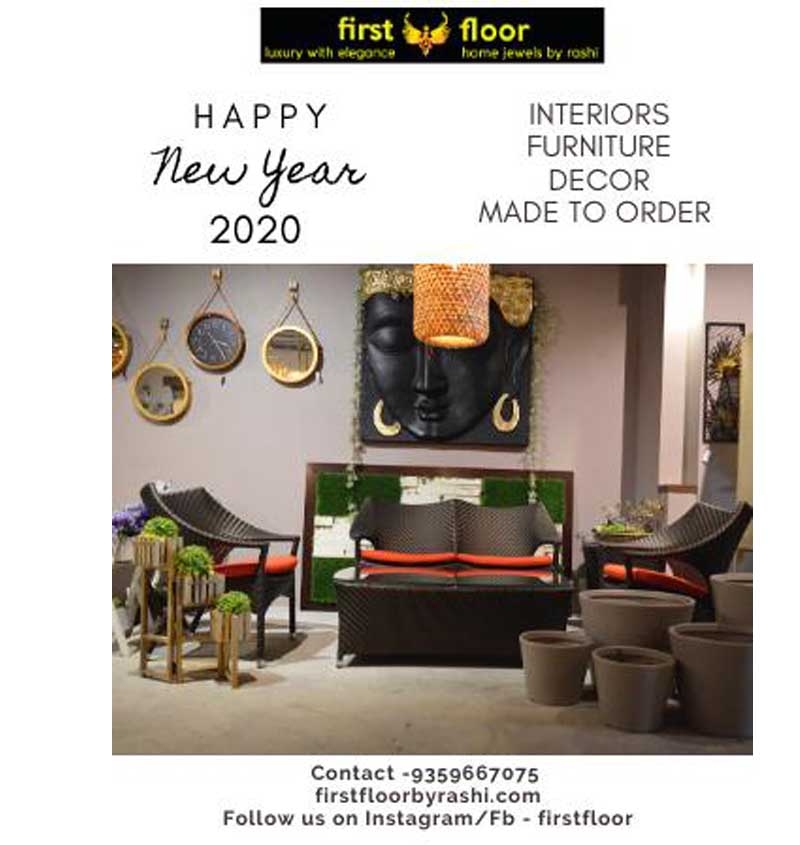
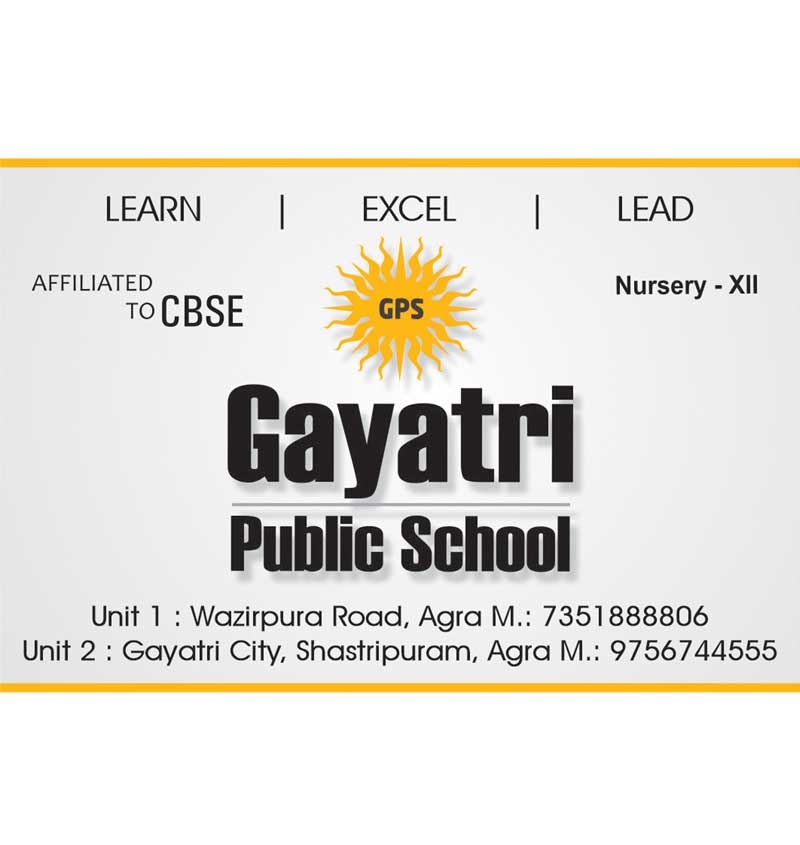


Your Message